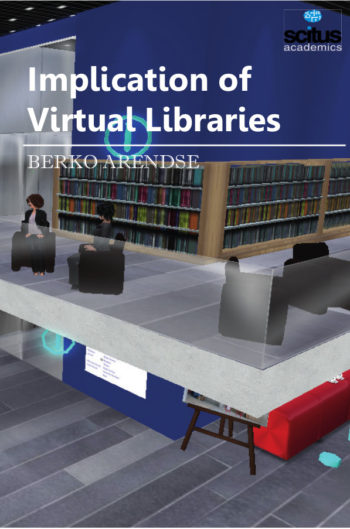The Public Library is regarded in the people’s institution. It is local gateway to knowledge that provides basic condition for life learning and facilitates cultural development of the individual and social groups. The public library provides services to all irrespective of age, sex, cast, religion, education, and social studies, generally all users get the material relevant to their needs and requirements in the public library. The advent of information technology from the middle of 20th century has gradually changed the traditional process of information acquisition, communication and storage. The society is transformed with new a paradigm which is regarded as information society or knowledge society. Along with the traditional form of reading material such as books, manuscripts the new forms like microfiche, CDs, e-books, etc. In a society of lifelong learning – whether of a formal or informal nature- public libraries will be nodes connecting the local learning setting with the global resources of information and knowledge. Public libraries must therefore be allowed to play a role of fundamental importance in the development of future systems of lifelong learning. The development of the information and communication technology has already laid the basis for the creation of information networks, giving users even of small local public libraries access to the world wide sources of information. The public libraries also offer guidance and training in information search and quality rating of information sources. Thus, public libraries are necessary if not sufficient prerequisites for a democratic knowledge society. The importance of the idea of the library organization as a social institution became so powerful that it also became a basic tenet of the library field, the basis for what since that time has become one of the field’s common assumptions, that the modern library in and of itself, the library as a social organization, is the field’s most significant cultural legacy to society.
Libraries and other similar type of institutions collect, process, organize and disseminate information and knowledge recorded in document. Since knowledge and information are vital for all round development of human beings, libraries and other institutions that handle and manage information and knowledge are indeed invaluable for the welfare of the society. Public Libraries, Institutions and Societies is an immense guide for librarians, researchers and practitioners.













